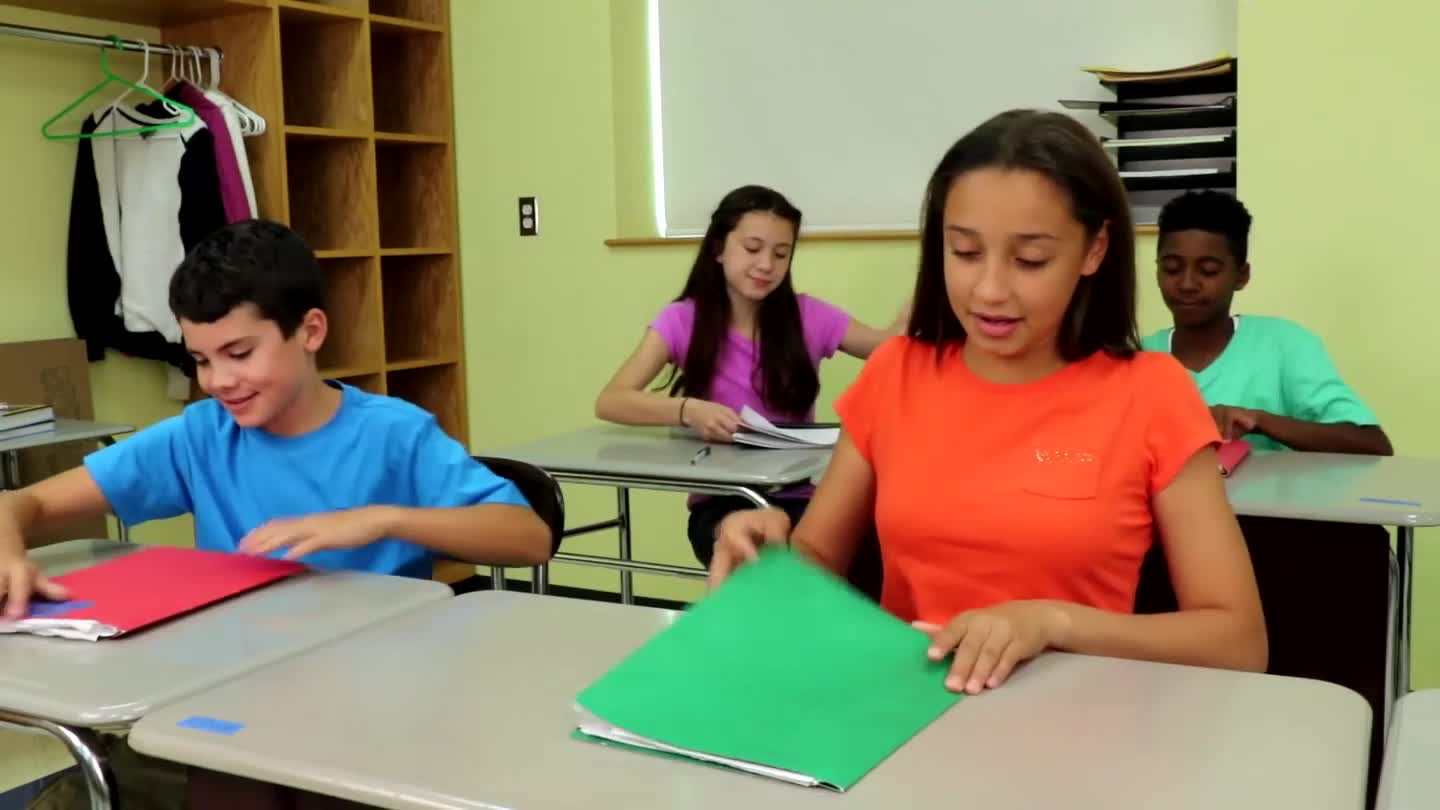
As educators, we understand the importance of teaching our students essential social-emotional skills that will help them navigate their daily lives. In special education classrooms, one of the most critical skills to develop is respect.
Introduction
Respect is a foundational skill that encourages positive interactions between students and their peers, teachers, and other adults. By teaching respect, we help students understand the importance of following directions, listening actively, and waiting for their turn to speak. This blog post will provide you with a no-prep activity, discussion questions, related skills, and next steps to help you teach respect effectively in your special education classroom.
No-Prep Activity
One simple yet effective no-prep activity to teach respect is called “The Respect Relay.” This activity requires no additional materials or preparation from the educator. Here’s how it works:
- Divide your students into two teams and have them line up on opposite sides of the room.
- Explain that each team will take turns demonstrating respectful behaviors. For example, one student might show how to listen with their whole body, while another might demonstrate raising their hand and waiting to be called on before speaking.
- Once a student has demonstrated a respectful behavior, they will tag the next person in line, who will then showcase another respectful action.
- The relay continues until every student on each team has participated.
- After the activity, gather the students together and discuss the different respectful behaviors they demonstrated.
This engaging and interactive activity helps students practice respect in a fun and memorable way, reinforcing the importance of these behaviors in the classroom.
Discussion Questions
After completing the Respect Relay, engage your students in a conversation about respect using the following discussion questions:
- Why is it important to show respect to our teachers and classmates?
- How does it feel when someone shows you respect? How does it feel when someone does not?
- What are some other ways we can show respect in the classroom and in our daily lives?
- How can we practice being respectful even when we might disagree with someone?
- Why is listening with our whole body an essential part of showing respect?
Related Skills
Beyond teaching respect, there are other social-emotional skills that can help students succeed in the classroom and beyond. Some of these related skills include:
- Empathy: Understanding and sharing the feelings of others.
- Active listening: Paying full attention to the speaker, asking questions, and providing feedback.
- Self-regulation: Managing emotions, thoughts, and behaviors in various situations.
- Cooperation: Working together with others toward a common goal.
Next Steps
Teaching respect is an essential part of helping students in special education classrooms develop healthy relationships and succeed in their educational journey. To access free samples of resources to teach respect and other social-emotional skills, visit Everyday Speech’s sample materials. These resources will provide you with additional tools and support to help your students grow and thrive in a respectful learning environment.

